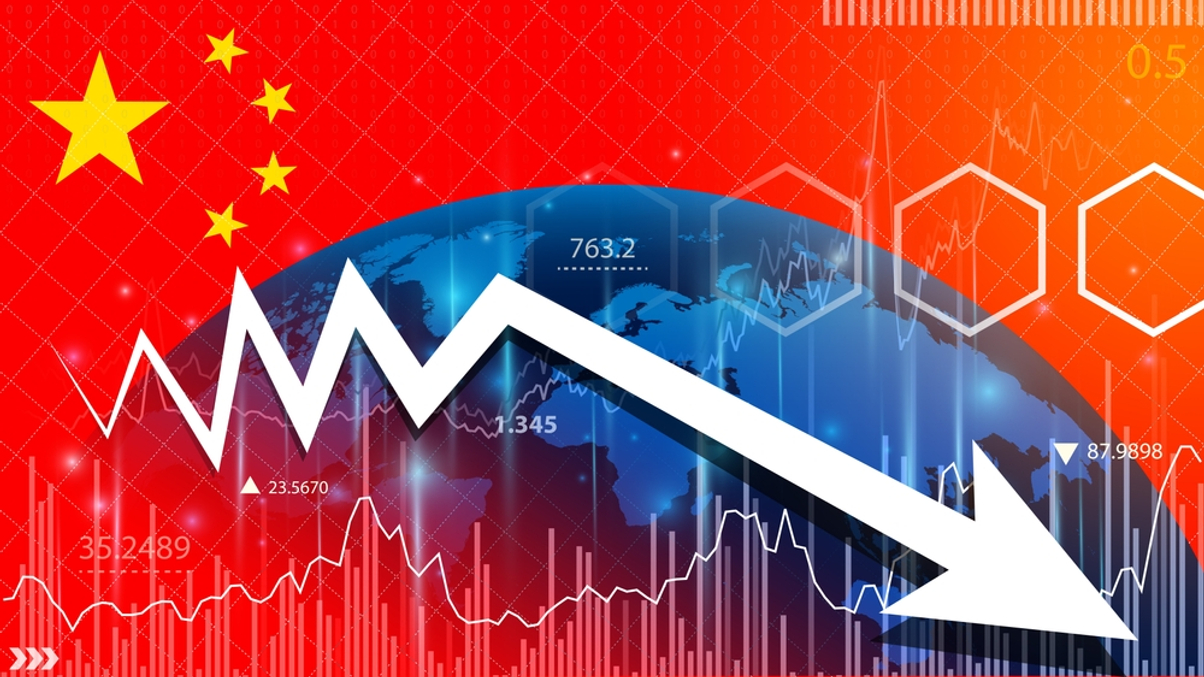Weekly Digest: CDPQ halts China investments; AustralianSuper freezes new PwC contracts
CDPQ put the brakes on direct China investments; Australia's largest pension fund to pause PwC use; Tokio Marine leaves Net-Zero Insurance Alliance; Temasek platform invests in funding round for sustainable aviation fuel; and more.

TOP NEWS OF THE WEEK
Sign in to read on!
Registered users get 2 free articles in 30 days.
Subscribers have full unlimited access to AsianInvestor
Not signed up? New users get 2 free articles per month, plus a 7-day unlimited free trial.
¬ Haymarket Media Limited. All rights reserved.


